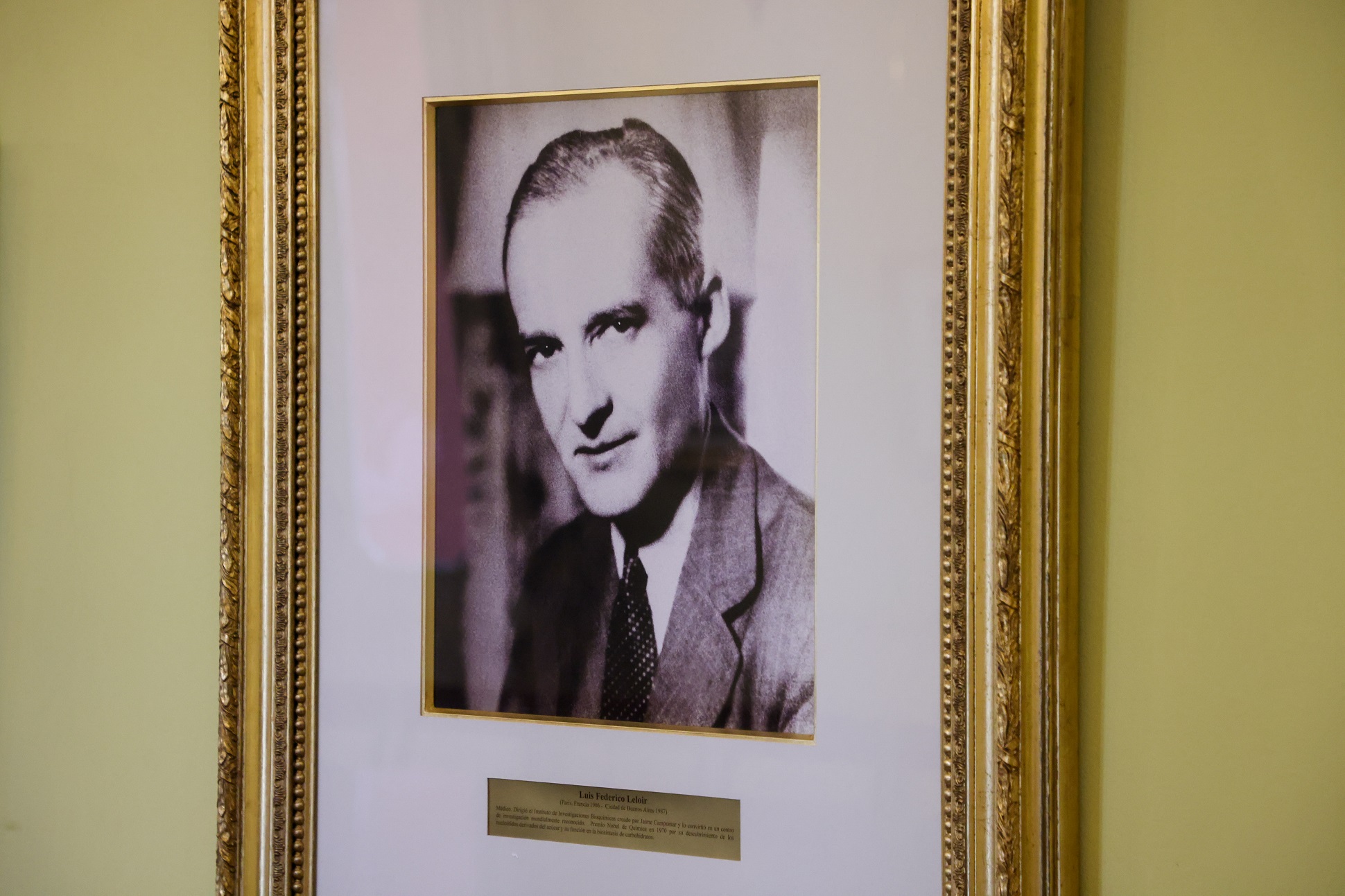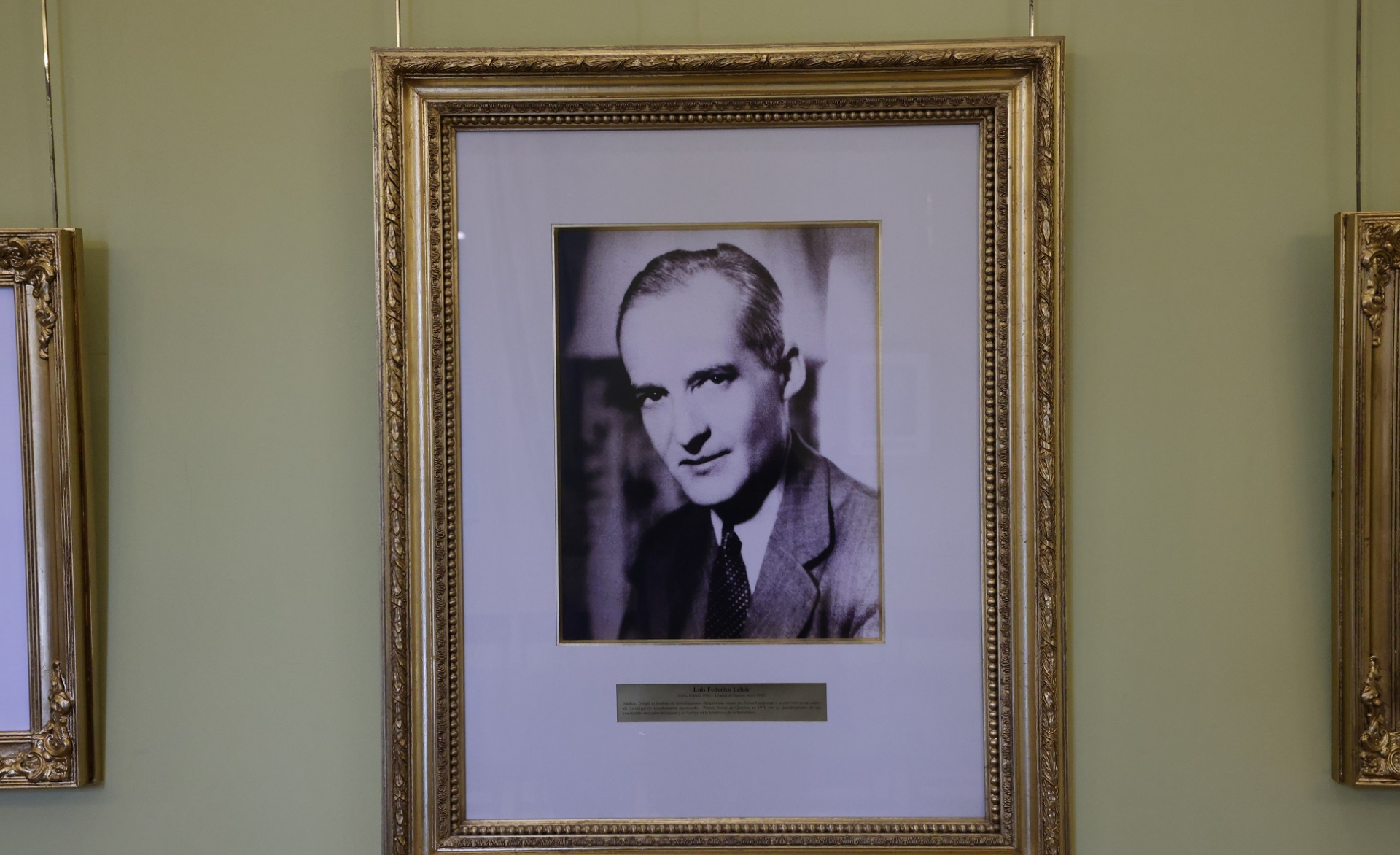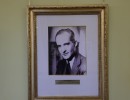He was a prominent Argentine physician and biochemist, known worldwide for his contributions to science. He achieved global recognition when he received the Nobel Prize in Chemistry in 1970 for his research on nucleotide sugars and their role in carbohydrate metabolism. His work revolutionised the understanding of metabolic diseases, making him one of the most influential scientists in Argentina and the world.
Luis Federico Leloir was born in Paris on 6 September 1906. A few years later, his family returned to our country where Luis grew up surrounded by nature, in an environment that would awaken his early interest in science.

After completing his primary and secondary studies, Leloir enrolled at the University of Buenos Aires, where he graduated in Medicine in 1932. He began his career at the José María Ramos Mejía Municipal Hospital, but his true passion emerged when he decided to join the Institute of Physiology, directed by Professor Bernando Houssay, one of the most influential scientists of the time. Under his tutelage, Leloir developed his thesis on the adrenal glands and their role in carbohydrate metabolism, a work that was awarded the 1934 Faculty of Medicine Prize. Leloir's career took him to the UK, where he collaborated with Frederick Hopkins, a Nobel laureate in biochemistry, at Cambridge University.
In 1941, in parallel with his research, Leloir began his career as a professor of physiology in Houssay's chair, but abandoned it in 1943, when his teacher was dismissed for having signed, together with other professors, a manifesto calling for the restoration of democracy.
In 1947 Leloir founded the Instituto de Investigaciones Bioquímicas, which he directed for 40 years. It was there that he made his most important discoveries. In 1970, he was awarded the Nobel Prize in Chemistry for his research on nucleotide sugars and their role in carbohydrate formation, a crucial breakthrough in understanding diseases such as galactosemia.
Throughout his career, Leloir received numerous awards, including the Bunge and Born Foundation Prize in 1965, and the Louisa Gross Horowitz New York Prize in 1966. Between 1962 and 1965 he was head of the department of biological chemistry at the Faculty of Exact and Natural Sciences of the University of Buenos Aires, and was active on the board of CONICET.
Luis Federico Leloir died in Buenos Aires on 2 December 1987, leaving an indelible legacy in Argentine and world science. His achievements and scientific ethics continue to inspire new generations. For his outstanding contribution to science, Leloir occupies a place in the Salón de la Ciencia Argentina at Casa Rosada. A recognition that highlights him as a national pride and as an example to follow for the scientific community worldwide.

